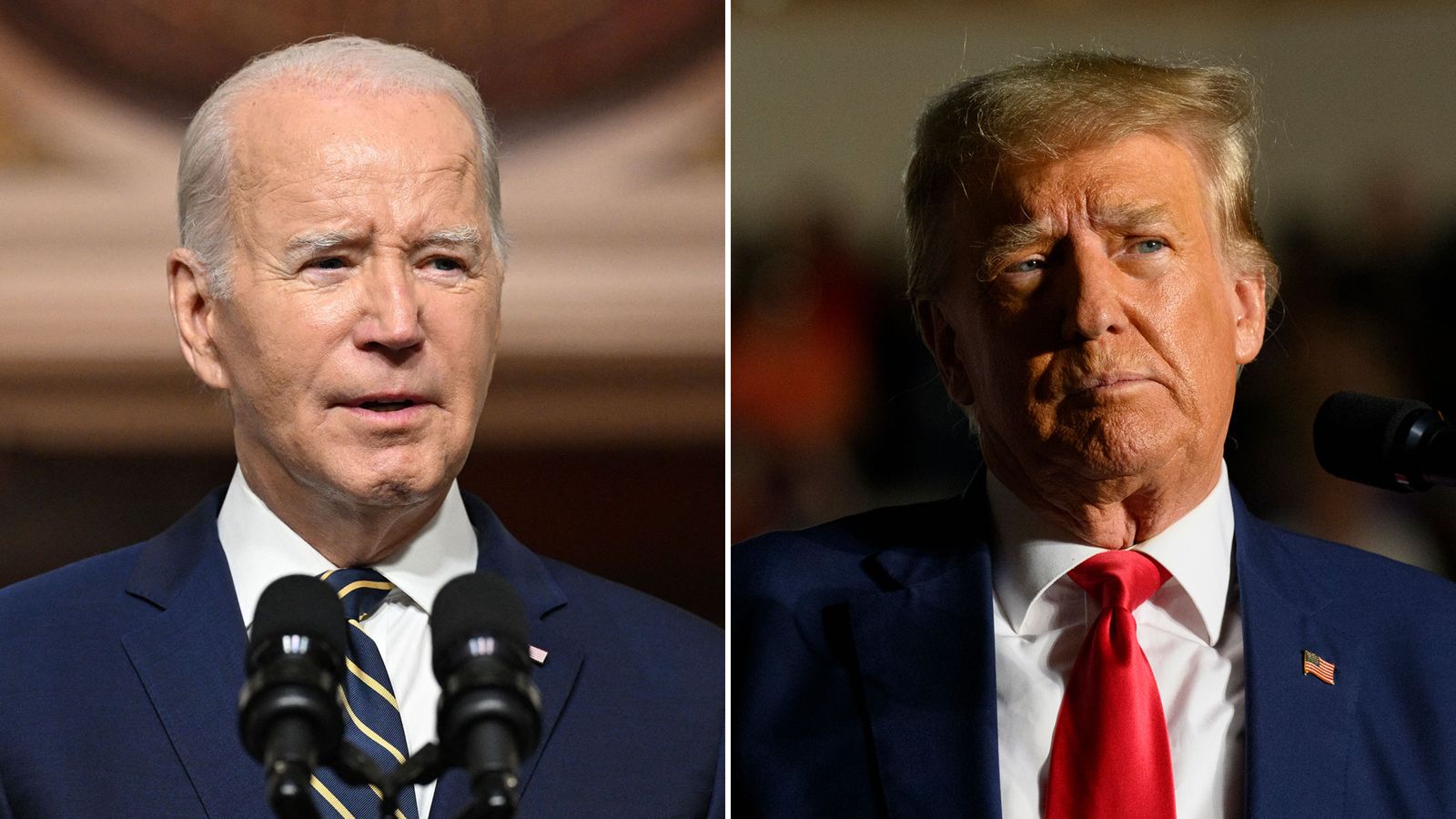Baseline rates and statistical analysis

Andrew Gelman points to recent comments from me and Nate Silver regarding the significance of age in the 2024 presidential race to make some interesting points about the uses and limitations of statistical analysis in this kind of context.
Gelman takes my observation about the doubling of dementia rates every five years in geriatric populations, and the fact that Donald Trump has a family history of dementia and Joe Biden apparently doesn’t, and suggests that as a matter of very rough estimation, the two factors may more or less balance each other out when comparing dementia risk in Trump and Biden. He then points out that direct observation of the two candidates is almost surely a more important factor than either the baseline age-related rate or the respective family histories, but notes that it’s extremely difficult to analyze the relevant data in regard to the former factor:
When comparing Biden and Trump regarding cognitive decline, we have three pieces of information:
1. Age. This is what I’m calling the base rate, or prior. Based on the numbers above, someone of Biden’s age is about 1.6 times more likely to get dementia than someone of Trump’s age.
2. Medical and family history. This seems less clear, but from the above information it seems that someone with Trump’s history is more at risk of dementia than someone with Biden’s.
3. Direct observation. Just so hard to compare. That’s why there are expert evaluations, but it’s not like a bunch of experts are gonna be given access to evaluate the president and his challenger.
This seems like a case where data source 3 should have much more evidence than 1 and 2. (It’s hard for me to evaluate 1 vs. 2; my quick guess would be that they are roughly equally relevant.) But it’s hard to know what to do with 3, given that no systematic data have been collected.
I suggested that Trump’s recent ramblings seem far more troubling in this regard than Biden’s occasional slips and signs of possible confusion. This may, I admit, be a product of bias on my part, both in terms of preferring non-fascist to fascist candidates, and in terms of how carefully I’ve looked at the evidence.
The following comment to my post from longtime LGM commenter Topsy Jane gives me some pause:
I would vote for Biden against any Republican candidate regardless but his age is no longer an abstract concern, if it ever was. His brief appearance today with the UAW was his first recent appearance to go off without something embarrassing happening. The Lula press conference was an SNL cold open. At a recent donor dinner with press present, Biden told his story about how he decided to run for president after Charleston and then a few minutes later repeated the story without any apparent awareness that he was doing so. If anything, the mainstream press – as opposed to social media and the right wing echo chamber – has been generally easy on him.
Trump is a bigger concern in every respect, never mind his years. But Biden’s age is really a thing now, if only because it reduces his margin for errors in public and makes it riskier to send him out to make his case. And no, it’s not fair or right, given his opponent.
As a pragmatic matter, this all remains irrelevant in regard to the question of supporting Biden against Trump, for the reasons she notes. But here I want to push back on some really ridiculous comments in that thread to the effect that any concern about Biden’s age is a product of conscious or unconscious support for Trump’s formerly-crypto-rapidly-morphing-to-completely-overt revenant fascism. Another set of comments that are not without merit but badly overstated are those that claim that any concern about Biden’s age is really a product of racist anxieties about Kamala Harris. I at least was on the record as being extremely concerned about Biden’s age long before he selected Harris as his running mate.
I remain adamant in my view that it’s a terrible idea to elect people who are or will be in their eighties for the majority of their time in the White House — a description that applies to both Biden and to a second Trump term.
I think Gelman is right that a case by case analysis of the risk in these situations would be more valuable than simply applying the baseline rate and the family history when speculating about dementia risk — not to mention the myriad other age-related risks created by octogenerian presidents, and I also agree with him that such case specific analysis is very difficult to do on the basis of scattered public performances and the like.
But the risks are very real, and handwaving them away by pointing to a president having good advisers and/or the availability of the 25th amendment (the 25th amendment is close to useless as a practical matter for dealing with cognitive decline in presidents, because the mechanics of it simply aren’t suited for that situation) does not make those risks any less salient.
Again, just for emphasis, this is all completely irrelevant to “choosing” between Biden and Trump, which isn’t a choice in any meaningful sense, assuming one prefers liberal democracy to authoritarian theocratic white nationalism. But for future reference, we simply shouldn’t consider people in their 80s for the office of president of the United States.


